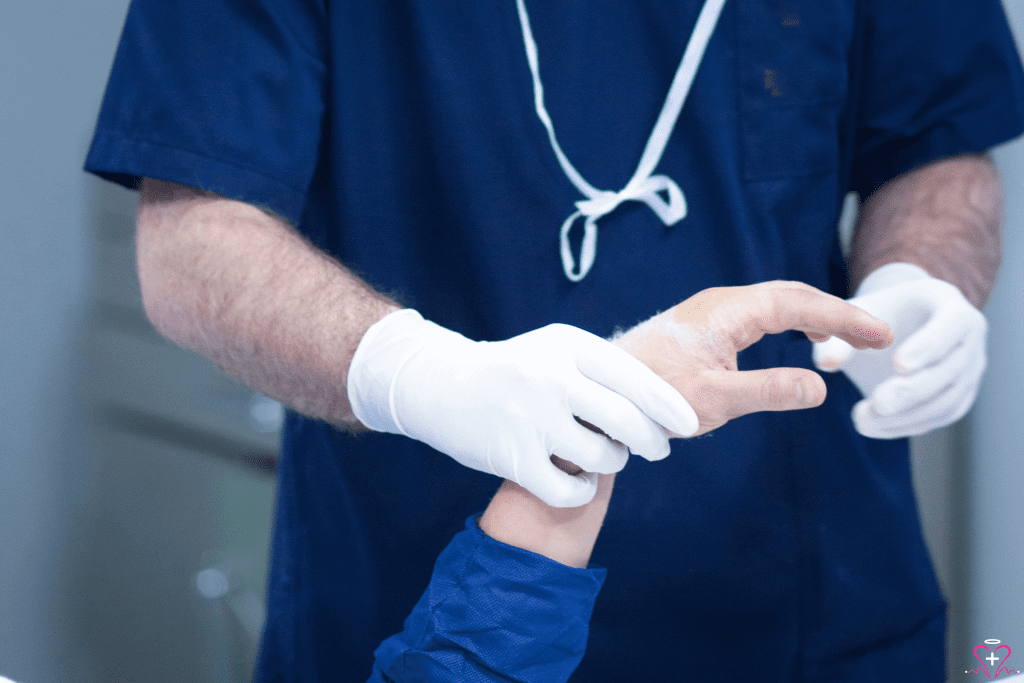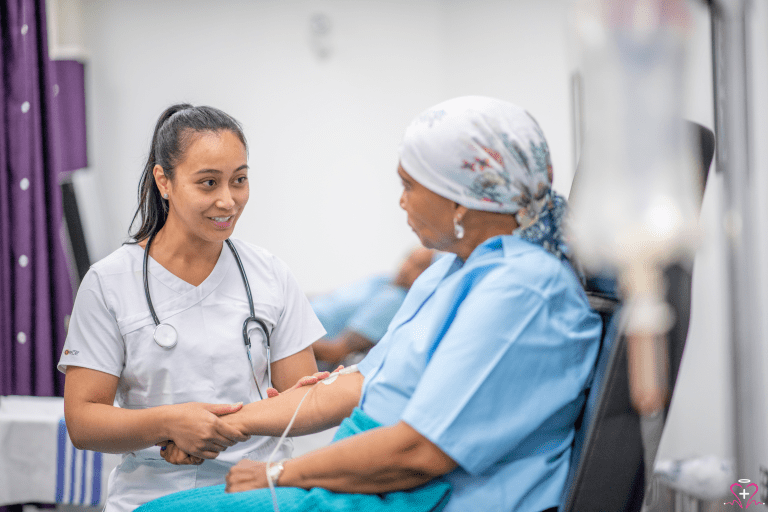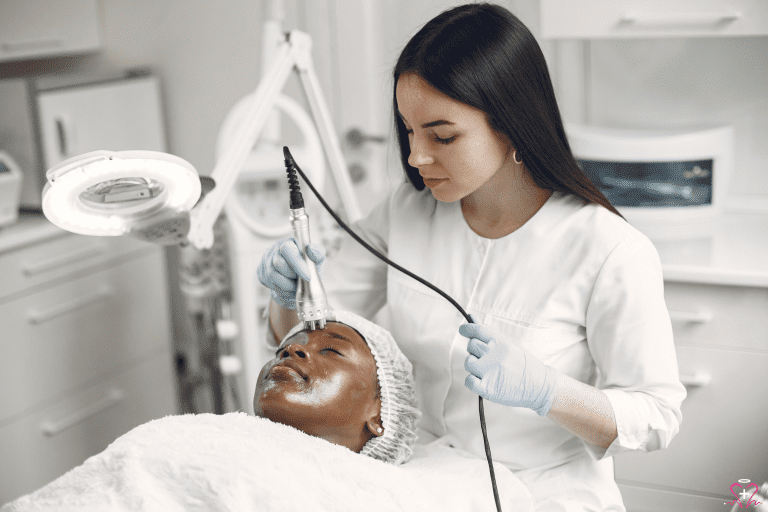Orthopedic Surgery for Seniors in Los Angeles
Introduction
Welcome to the All Seniors Foundation, where we are committed to enhancing the quality of life for seniors in Los Angeles through our specialized orthopedic surgery services. Our goal is to provide comprehensive, coordinated care to help seniors manage their musculoskeletal health effectively. All our services are completely free, ensuring that high-quality healthcare is accessible to everyone. Located near you, our services are designed to assist seniors with their unique health needs and improve their overall well-being. Schedule a consultation today and experience the transformative impact of our expert care.
Details of the Service
Comprehensive Orthopedic Surgery Services
Our orthopedic surgery services are designed to provide relief and comfort to seniors, addressing their unique needs and challenges. We offer various surgical interventions to ensure your musculoskeletal system remains healthy and functional.
Key Features and Benefits:
- Pain Relief: Our surgeries aim to address the root cause of pain, providing long-term relief from chronic conditions like arthritis or injuries.
- Improved Mobility: Restoring mobility is crucial for maintaining independence. Our procedures help you regain movement and enjoy an active lifestyle.
- Free Services: Financial constraints should not hinder maintaining good health. All our orthopedic surgery services are provided at no cost to you.
- Convenient Location: Our services are conveniently located near you, making accessing the care you need easy without the hassle of long-distance travel.
How It Works
Simple Steps to Access Our Services:
- Please book a Consultation: Click now to schedule your free consultation with one of our orthopedic specialists. Our online booking system is user-friendly and convenient.
- Initial Assessment: During your first visit, we will conduct a comprehensive assessment of your musculoskeletal health, reviewing your medical history, current symptoms, and necessary diagnostic tests.
- Personalized Treatment Plan: We will develop a customized treatment plan tailored to your needs based on the assessment. This plan will include a timeline and detailed information on the surgical procedures.
- Ongoing Support: We provide continuous support and follow-up visits to ensure your recovery is on track. Our team is always available to address any concerns and make necessary adjustments to your care plan.
Why Choose Us?
Expertise and Dedication
Our orthopedic specialists are highly qualified and deeply committed to senior care. They bring a wealth of knowledge and compassion to their work, ensuring you receive the best care possible.
Holistic Approach
We adopt a holistic approach to musculoskeletal health, considering all aspects of your well-being. This comprehensive strategy ensures that your health is managed in conjunction with other concerns you may have, providing a more integrated and effective treatment.
Accessible and Free
We believe in removing barriers to healthcare, which is why all our services are free. Additionally, our convenient location near you means you can easily access our services without the hassle of long-distance travel.
Positive Impact
Our services have significantly improved the lives of many seniors, helping them manage their musculoskeletal conditions effectively and enjoy a better quality of life. By addressing potential health issues early and making necessary modifications, we aim to enhance your overall well-being.
Understanding Orthopedic Surgery
What is Orthopedic Surgery?
Orthopedic surgery is a branch of medicine focusing on the musculoskeletal system, including bones, joints, ligaments, tendons, and muscles. Orthopedic surgeons diagnose, treat, and prevent disorders related to this system. Their work ranges from treating sports injuries to performing joint replacement surgeries and managing conditions like arthritis, osteoporosis, and congenital deformities.
Common Types of Orthopedic Surgeries:
- Joint Replacement: Procedures such as knee or hip replacement that restore function and reduce pain in arthritic joints.
- Soft Tissue Repair: Surgery to repair torn ligaments or tendons.
- Spinal Surgeries: Procedures to correct conditions like scoliosis or herniated discs.
- Arthroscopy: Minimally invasive procedures to diagnose and treat joint problems.
- Fracture Repair: Surgery to fix broken bones and restore their function.
Common Types of Orthopedic Problems:
- Osteoarthritis: A degenerative joint disease causing pain, stiffness, and loss of flexibility.
- Osteoporosis: A condition where bones become weak and brittle, increasing the risk of fractures.
- Fractures: Breaks in bones that are more common in older adults due to weakened bone structure.
- Dislocations: Injuries where bones are forced out of their regular positions in joints.
- Lower Back Problems: Chronic back pain and conditions such as lumbar spondylosis and spinal stenosis.
- Joint Dislocation: The displacement of bones in a joint, causing pain and immobility.
- Bone Spurs: Bony projections that develop along bone edges, often causing pain.
- Swelling and Tenderness: Common symptoms of various orthopedic conditions, including arthritis and injuries.
- Grating Sensation: A feeling or sound of bone rubbing against bone, often seen in osteoarthritis.
- Loss of Flexibility: Reduced range of motion in joints, commonly due to arthritis and other degenerative conditions.
The Primary Benefits of Orthopedic Surgery
Pain Relief and Improved Mobility
Orthopedic surgery provides significant pain relief by addressing the root causes of musculoskeletal pain. Conditions like arthritis or injuries can limit movement and make daily tasks difficult. Orthopedic surgery can restore mobility, allowing patients to regain independence and enjoy an active lifestyle.
Enhanced Quality of Life
Orthopedic surgery can significantly enhance a patient’s quality of life by relieving pain and improving mobility. Patients can return to activities they enjoy, leading to improved mental health, increased social engagement, and overall life satisfaction.
Long-Term Health Outcomes
Orthopedic surgery can contribute to improved long-term health outcomes. For instance, joint replacement surgery can reduce the risk of falls in older adults and prevent the progression of conditions like osteoarthritis, reducing the risk of disability and improving life expectancy.
Advances in Orthopedic Surgery Tools and Techniques
Minimally Invasive Procedures
Minimally invasive procedures use small incisions and specialized tools, reducing trauma to the body. As a result, patients experience less pain, shorter hospital stays, and quicker recovery times.
Innovations in Prosthetics and Implants
Modern prosthetics and implants are designed to mimic the natural movement of joints, enhancing patient mobility. Furthermore, using biocompatible materials reduces the risk of complications, ensuring the long-term success of the implants.
Specialized Areas of Orthopedic Surgery
Pediatric Orthopedic Surgery
The surgery focuses on children and adolescents, addressing conditions such as congenital deformities, growth-related problems, and injuries common in this age group. Pediatric orthopedic surgeons are trained to understand the unique needs of growing bodies, ensuring safe and effective treatment.
Orthopedic Surgery and Sports Medicine
Orthopedic surgery plays a crucial role in sports medicine by addressing injuries commonly sustained in sports, such as ligament tears, fractures, and dislocations. Through advanced surgical techniques, orthopedic surgeons can help athletes recover faster and safely return to sports.
Selecting the Right Orthopedic Surgery Specialists and Centers
Criteria for Selection
When selecting an orthopedic surgeon, consider their experience and specialization. A surgeon with extensive experience in your condition can provide more precise and effective treatment. Also, the surgeon’s patient outcomes, complication rates, and patient satisfaction scores should be considered.
The Role of the American Board of Orthopedic Surgery
The American Board of Orthopedic Surgery (ABOS) plays a crucial role in maintaining high standards in the field of orthopedic surgery. ABOS certification indicates that a surgeon has undergone rigorous training and passed comprehensive exams. Choosing an ABOS-certified surgeon can ensure their competence and commitment to quality care.
The Role of Orthopedic Surgery Residency and Training
Orthopedic surgery residency and training are pivotal in shaping a competent and skilled orthopedic surgeon. This rigorous program, typically lasting five years, provides in-depth knowledge and hands-on experience in various orthopedic conditions and surgical techniques. The training also emphasizes the importance of research, ethical practice, and continuous learning, ensuring that orthopedic surgeons are well-equipped to provide their patients with the highest standard of care.
Preoperative and Postoperative Care
Preoperative Care
This care includes patient education, medical evaluations, and surgical planning. This stage is crucial in preparing the patient physically and mentally for the surgery, reducing anxiety, and setting realistic expectations.
Postoperative Care
Postoperative care focuses on managing pain, preventing complications, and promoting healing and recovery. This involves regular monitoring, wound care, medication management, and patient education on self-care and rehabilitation exercises.
The Importance of Physical Therapy in Recovery
Physical therapy is a vital part of recovery following orthopedic surgery. It aids in restoring strength, flexibility, and function to the affected area, facilitating a quicker return to normal activities. Physical therapy can also help manage post-surgical pain, reduce swelling, and prevent stiffness, further enhancing the patient’s quality of life post-surgery.
Risks and Complications Associated with Orthopedic Surgery
Potential Risks
Like any surgical procedure, orthopedic surgery carries certain risks and potential complications, including infection, bleeding, blood clots, nerve damage, or adverse reactions to anesthesia. However, advancements in surgical techniques and stringent infection control measures have significantly reduced these risks.
Managing Risks
Patients must be aware of potential complications. This awareness aids in early detection and prompt management, minimizing the impact on the patient’s health and recovery. Moreover, a thorough preoperative assessment can help identify high-risk patients and implement appropriate preventive strategies.
The Future of Orthopedic Surgery
Potential Innovations and Research
Integrating robotics, artificial intelligence, and advanced imaging techniques revolutionizes surgical procedures, promising greater precision and improved outcomes. These innovations could enable the repair of damaged tissues, reducing the need for invasive surgeries. Personalized medicine, guided by genetic profiling, may allow for more targeted and effective treatments, further enhancing the benefits of orthopedic surgery.
Conclusion
With its myriad benefits, orthopedic surgery plays a pivotal role in enhancing the quality of life for countless individuals. The advantages are manifold, from pain relief and improved mobility to long-term health outcomes. As we look to the future, the field of orthopedic surgery continues to evolve, promising even more significant benefits. With ongoing research and technological advancements, the potential for improved patient outcomes and quality of life is immense. The future of orthopedic surgery is bright, and its benefits are ever-expanding.
Take the first step towards a healthier, more fulfilling life by booking your consultation today. Let us help you navigate the challenges of orthopedic surgery and improve your quality of life. Book now to get started and find the support you need conveniently nearby.











